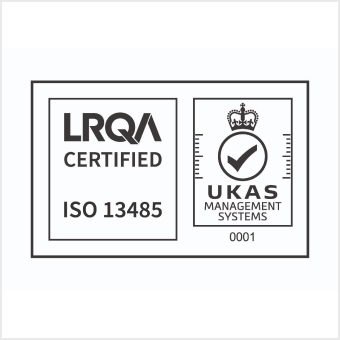Environmental Stress Cracking (ESC) is the formation of cracks in a plastic material caused by low tensile stress and environmental conditions. This failure is caused when plastic materials, in contact with surface active substances (stress cracking agents), start to become brittle at or about room temperature due to concurrent external and/or internal stress and strain action.
Stress cracking agents include fluids such as alcohols, soaps, dyes and agents containing moisture. The amount of time in hours that it takes for half of the specimens tested to exhibit stress cracks is known as Environmental Stress-Cracking Resistance (ESCR). Cracks generally develop at the notch, perpendicular to the notch and run to the edge of the specimen; however, any cracks that develop constitute failure. Occasionally, cracks appear beneath the surface and are visible as surface depressions.




